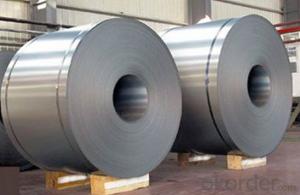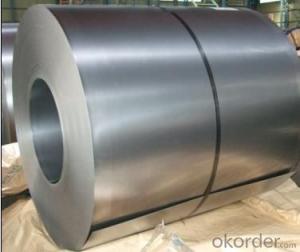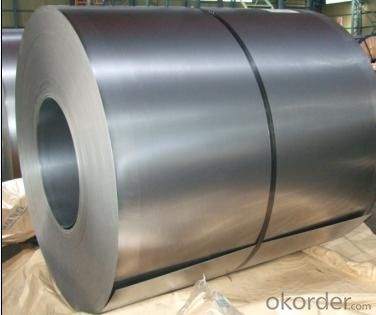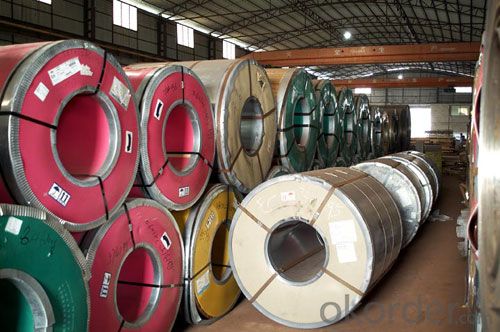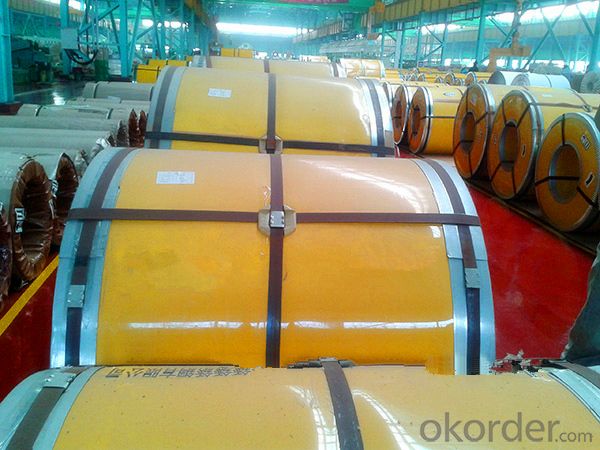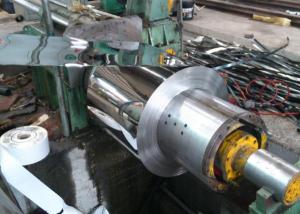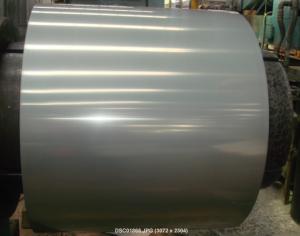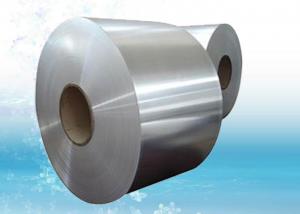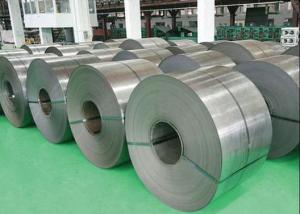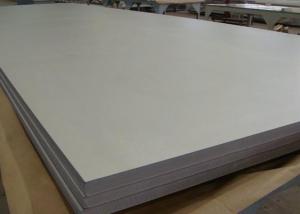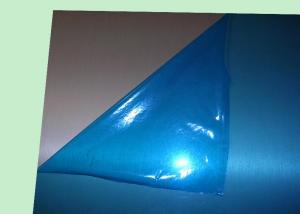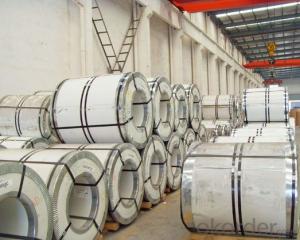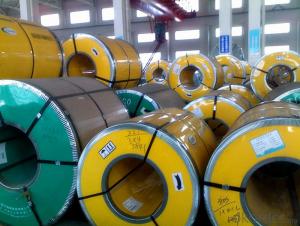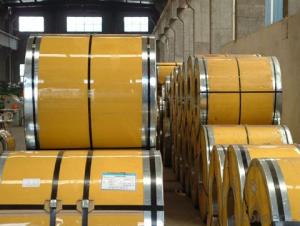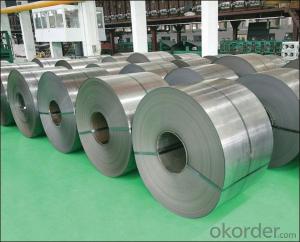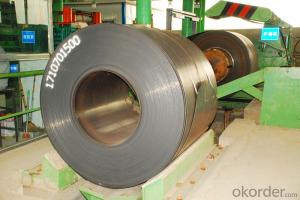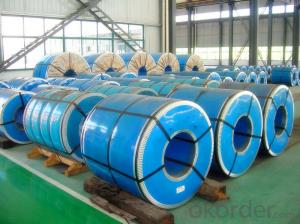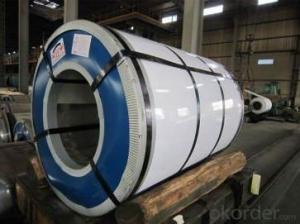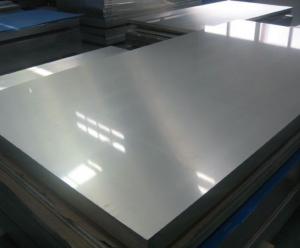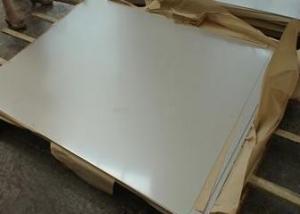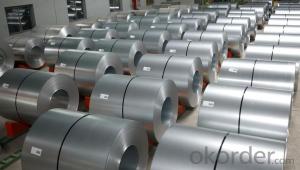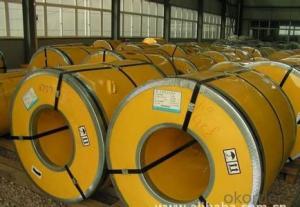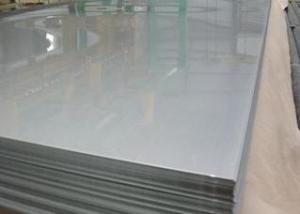Stainless Steel Coil 201 Hot Rolled Narrow Coil J2
- Loading Port:
- Lianyungang
- Payment Terms:
- TT OR LC
- Min Order Qty:
- 400 m.t.
- Supply Capability:
- 8000 m.t./month
OKorder Service Pledge
OKorder Financial Service
You Might Also Like
Hot Rolled Stainless Steel Coil
201 Narrow/Wide Strip No.1 Finish
Packaging Detail: For customer's requirement
Delivery Detail: 10-30days
201 Hot Rolled Stainless Steel Coil Specifications
THK:2.3/2.5/3.0/4.0mm
Width:485/510/550/610/1010/1240mm
Face:No.1
201 Hot rolled stainless steel Coil Application
Stainless steel is a production which not easy rust,acid resistance and corrosion resistance,so it is widely
used in light industry,heavy industry,daily necessities and the decoration industry.
201 Hot Stainless Steel Coil Chemical Composition(WT%)
(C):≤0.15, (Si):≤0.75, (Mn):5.5~7.50, (Cr):16.0~18.0, (N):≤0.25, (Ni):3.50~5.50, (P):≤0.060, (S):≤0.030
201 Hot Rolled Stainless Steel Coil
Strength Of Extension:100,000 To 180,000 Psi;
Yield Strength:50,000 To 150,000 Psi
Elongation :55 To 60%;
Modulus Of Elasticity:29,000,000 Psi;
Density :.280lbs/Cubic Inch(7.93g/Cm3)
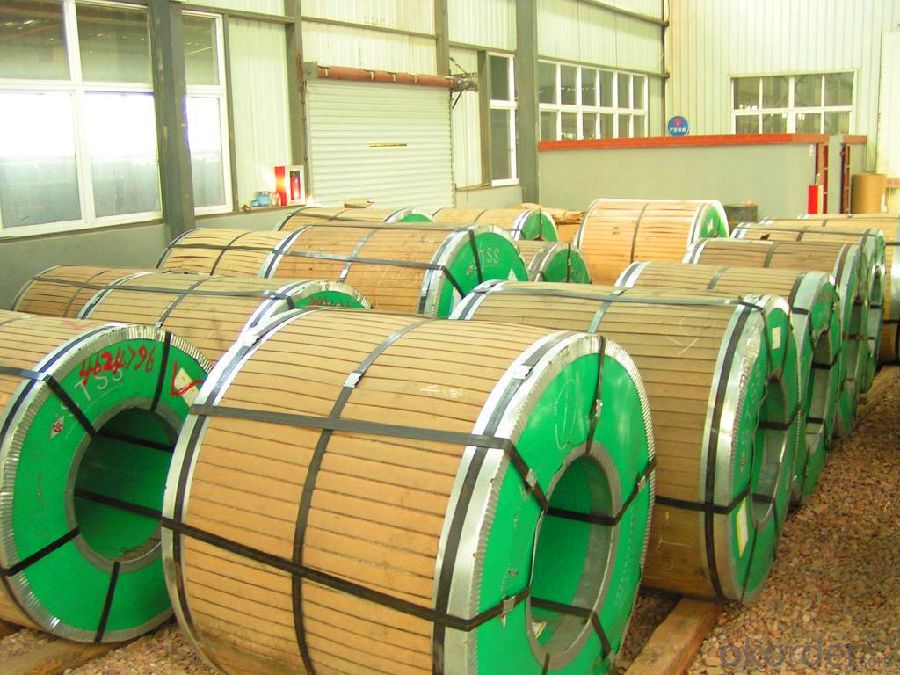
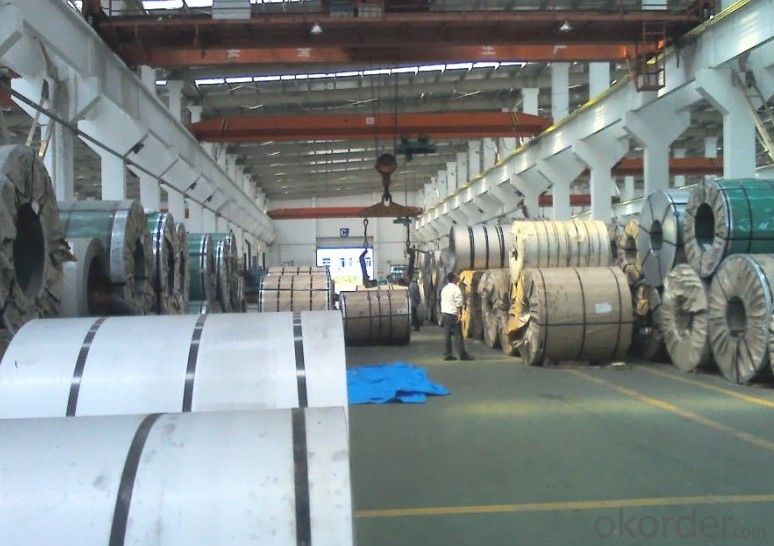
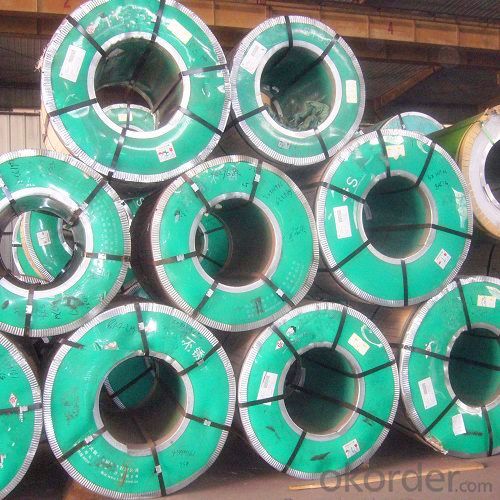
- Q: Are stainless steel strips prone to rusting?
- Stainless steel strips are generally not prone to rusting. Stainless steel is an alloy composed mainly of iron, chromium, and other elements, which gives it corrosion-resistant properties. The addition of chromium forms a protective layer on the surface of the steel called chromium oxide, which acts as a barrier against oxygen and moisture, preventing rust formation. However, certain conditions, such as exposure to chlorides, acids, or high humidity environments, can still cause stainless steel to corrode or stain. Therefore, while stainless steel strips are highly resistant to rusting, proper care and maintenance should still be exercised to ensure their longevity.
- Q: Can 111 stainless steel strips be used in the pharmaceutical industry?
- Certainly! The pharmaceutical industry can indeed utilize 111 stainless steel strips. Renowned for its resistance to corrosion, durability, and hygienic characteristics, stainless steel proves suitable for diverse applications within the pharmaceutical sector. The grade 111 stainless steel typically denotes AISI 304 stainless steel, a widely employed grade in pharmaceutical equipment and infrastructure. This grade boasts resistance to various chemicals and can withstand high temperatures, rendering it an ideal choice for pharmaceutical processing equipment such as tanks, vessels, and pipes. Moreover, stainless steel strips find utility in packaging, ensuring the preservation and safety of pharmaceutical products. In summary, 111 stainless steel strips offer reliability to the pharmaceutical industry owing to their exceptional properties and adherence to the industry's stringent requirements.
- Q: What is the difference between austenitic and martensitic stainless steel strips?
- Austenitic stainless steel strips have a face-centered cubic crystal structure, which provides high corrosion resistance, excellent formability, and good weldability. On the other hand, martensitic stainless steel strips have a body-centered cubic crystal structure, making them harder and more brittle than austenitic steel. Martensitic steel is known for its high strength and hardness, but it sacrifices some of the corrosion resistance and formability found in austenitic steel.
- Q: How do stainless steel strips handle vibration and shock?
- Stainless steel strips are known for their excellent resistance to vibration and shock. This is primarily due to their inherent mechanical properties and composition. Stainless steel is a high-strength material with low elastic modulus, meaning it has the ability to absorb and distribute energy upon impact or when subjected to vibration. This property allows stainless steel strips to effectively dampen vibrations and prevent the transmission of shockwaves. In addition, stainless steel is highly resistant to corrosion, which ensures the durability and longevity of the strips even in harsh environments. This corrosion resistance also helps maintain the structural integrity of the material, making it less susceptible to damage from vibrations and shocks. Furthermore, stainless steel strips can be manufactured with specific alloys and finishes that further enhance their ability to handle vibration and shock. For example, certain grades of stainless steel can be heat-treated or cold-rolled to enhance their strength and reduce the risk of deformation under impact. Overall, stainless steel strips are well-equipped to handle vibration and shock due to their high-strength properties, low elastic modulus, corrosion resistance, and the ability to customize their composition for specific applications.
- Q: How do stainless steel strips perform in cryogenic conditions?
- Stainless steel strips are known for their excellent performance in cryogenic conditions. The low thermal expansion coefficient of stainless steel allows it to maintain its structural integrity and dimensional stability even in extremely low temperatures. This makes stainless steel strips highly suitable for applications in cryogenic environments where other materials may become brittle or lose their properties. Additionally, stainless steel has excellent corrosion resistance, which is crucial in cryogenic conditions where condensation and exposure to moisture can occur. The high levels of chromium in stainless steel provide a protective oxide layer that prevents corrosion and maintains the material's durability and performance. Furthermore, stainless steel strips exhibit good mechanical properties even at low temperatures. They retain their strength and ductility, allowing them to withstand the stresses and strains experienced in cryogenic environments. This makes stainless steel an ideal choice for applications such as aerospace, medical, and scientific equipment that operate in cryogenic conditions. Overall, stainless steel strips demonstrate exceptional performance in cryogenic conditions due to their low thermal expansion coefficient, corrosion resistance, and mechanical properties. They offer reliability, durability, and longevity, making them a preferred material choice for various industries requiring materials that can withstand extreme cold temperatures.
- Q: Can stainless steel strips be used in the petroleum industry?
- Yes, stainless steel strips can be used in the petroleum industry. Stainless steel is resistant to corrosion and can withstand high temperatures, making it suitable for various applications in the petroleum industry such as pipelines, storage tanks, and equipment used for refining and processing crude oil and natural gas.
- Q: What are the factors affecting the abrasion resistance of 111 stainless steel strips?
- There are several factors that can affect the abrasion resistance of 111 stainless steel strips. Firstly, the composition of the stainless steel itself plays a significant role. The percentage of key elements such as chromium, nickel, and molybdenum can impact the hardness and toughness of the steel, which in turn affects its resistance to abrasion. Higher levels of these elements generally result in increased abrasion resistance. Secondly, the microstructure of the stainless steel is important. The presence of grain boundaries, phase transformations, and precipitates can influence the material's ability to withstand abrasion. A fine-grained microstructure is generally preferred for improved abrasion resistance. The surface finish and treatment of the stainless steel strips also play a crucial role. Polishing and passivation processes can enhance the smoothness of the surface, reducing the likelihood of abrasion. Additionally, applying protective coatings such as ceramic or diamond-like carbon can provide an extra layer of defense against abrasion. The mechanical properties of the stainless steel, including hardness and tensile strength, also affect its resistance to abrasion. Harder materials are generally more resistant to abrasion, as they can withstand the forces and friction involved. Similarly, higher tensile strength helps the material withstand deformation and wear. External factors such as the type and intensity of the abrasive material, the speed and pressure of the abrasion, and the temperature and humidity conditions can also impact the abrasion resistance of stainless steel strips. Different abrasive materials have varying levels of hardness and sharpness, which can affect the wear rate. Higher speeds and pressures can increase the severity of abrasion, while elevated temperatures and humidity levels can promote corrosion and wear. Overall, a combination of material composition, microstructure, surface treatment, mechanical properties, and external factors contribute to the abrasion resistance of 111 stainless steel strips. Understanding and optimizing these factors can help manufacturers and users select and utilize stainless steel strips that are best suited for their intended applications.
- Q: Can stainless steel strips be used in the renewable energy industry?
- The renewable energy industry can indeed utilize stainless steel strips. Stainless steel is a remarkably versatile and durable material that provides exceptional resistance to corrosion and longevity. As a result, it is well-suited for a wide range of applications within renewable energy systems. One prevalent application of stainless steel strips in the renewable energy sector is in the production of solar panels. These strips are often employed as reflectors or for bonding solar cells together. This is due to their ability to withstand weathering and moisture. Additionally, stainless steel strips can serve as framing and mounting structures in solar panel installations, offering a robust and reliable support system. Another use of stainless steel strips in the renewable energy field is in the construction of wind turbines. These strips are commonly utilized in the manufacturing of turbine blades, which require materials capable of withstanding high winds, corrosion, and fatigue. Stainless steel's strength and resistance to corrosion make it an ideal choice for this purpose, ensuring the turbines' longevity and performance. Apart from solar panels and wind turbines, stainless steel strips can also find applications in other renewable energy technologies such as hydropower, geothermal, and biomass systems. They can be employed for various purposes, including heat exchangers, piping, and structural components, where their resistance to corrosion and mechanical properties offer significant advantages. In conclusion, stainless steel strips provide numerous advantages that make them well-suited for use in the renewable energy industry. Their durability, corrosion resistance, and versatility make them an excellent choice for various applications, enabling efficient and sustainable generation of renewable energy.
- Q: Can 111 stainless steel strips be annealed for improved ductility?
- Indeed, it is possible to anneal a total of 111 stainless steel strips to enhance their ductility. Annealing entails subjecting the material to a precise temperature and subsequently gradually cooling it. This procedure serves to alleviate any internal tensions within the material and facilitates the reorganization of atoms, leading to increased ductility and decreased hardness. Through the annealing process, the stainless steel strips can acquire greater malleability and become more manageable, rendering them suitable for numerous applications that prioritize enhanced ductility.
- Q: Are stainless steel strips suitable for food processing?
- Yes, stainless steel strips are highly suitable for food processing. Stainless steel is widely used in the food industry due to its exceptional properties such as corrosion resistance, durability, and ease of cleaning. It is a non-reactive material, meaning it does not release any harmful substances or alter the taste of the food being processed. Stainless steel also has a smooth surface that prevents the accumulation of bacteria, making it hygienic and safe for food processing. Additionally, stainless steel strips can be easily fabricated into various shapes and sizes, making them versatile for different food processing applications such as cutting, slicing, and forming. Overall, stainless steel strips are an excellent choice for food processing due to their suitability, safety, and reliability.
Send your message to us
Stainless Steel Coil 201 Hot Rolled Narrow Coil J2
- Loading Port:
- Lianyungang
- Payment Terms:
- TT OR LC
- Min Order Qty:
- 400 m.t.
- Supply Capability:
- 8000 m.t./month
OKorder Service Pledge
OKorder Financial Service
Similar products
Hot products
Hot Searches
Related keywords
